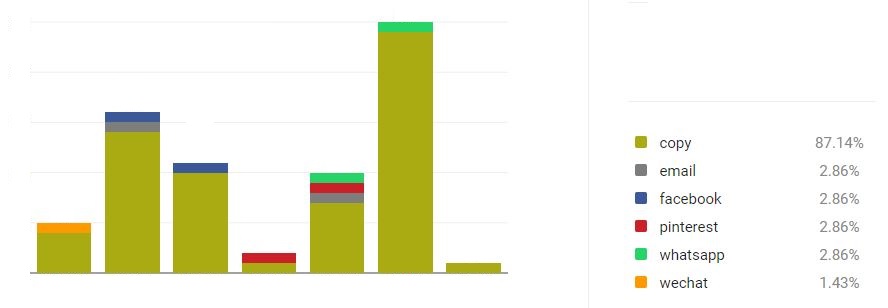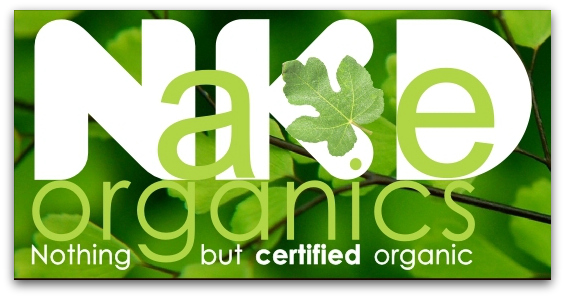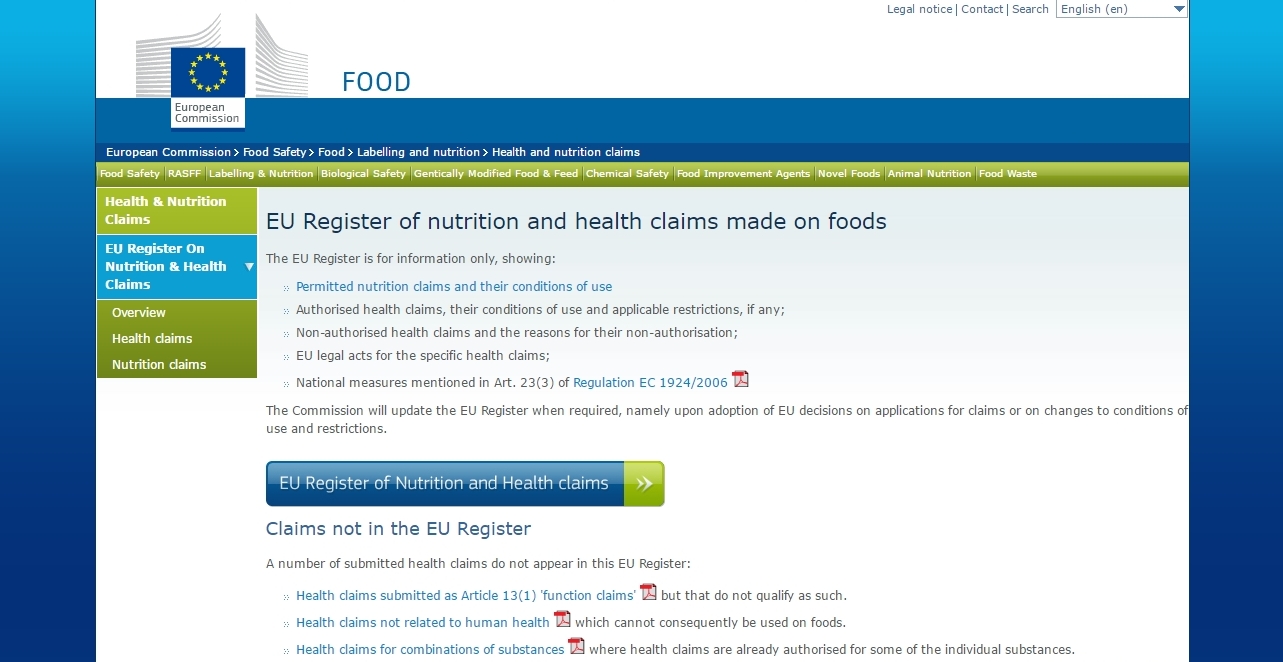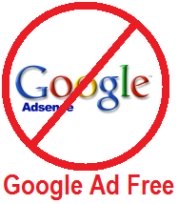|
|
www.moyoway.com |
Buy your Certified Organic |
|
|
CLICK FOR NAKED www.moyoway.com |
Moyo is an African origin word which implies that the
"heart and mind act as one to cultivate the spirit”
Banning health claims because they are not biomarked? Really!
>Home Page >>Food >>>Health Claims
Many are saying that the EU’s health and nutrition claims are highly pervasive and disproportionate.
Norway and Switzerland have their own set of rules.
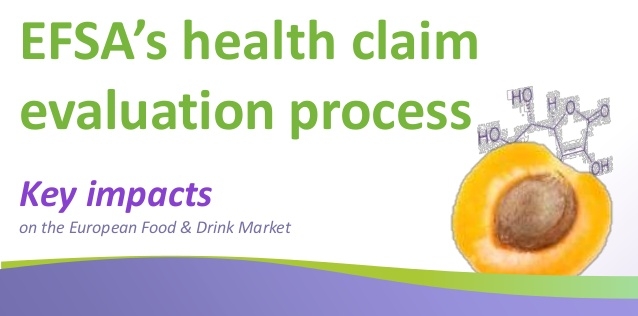
- How much of EU’s health and nutrition claims have been influenced by big business, especially those preferred over small business.
- Are these claims also heavily influenced by pharmaceutical interests that are preferred over the natural products sector?
- How are food labels revised to help consumers better discriminate between healthy and less healthy choices?
These are all important questions and considerations because food is among the most powerful, effective medicines known, and when made and consumed responsibly, is entirely safe.

Various EU Governments often have different public health campaigns about ‘low fat’, ‘low salt’ and ‘low sugar’. But when consumers hear that the European Commission has questioned the legality of some of these schemes, it’s no wonder that they are often confused about which claims are relevant, and correct.
Natural health companies need to be able to communicate relevant information to consumers to enable consumers to differentiate between the multitude of offerings in the marketplace.
EU’s Nutrition and Health Claims
The EU’s Nutrition and Health Claims Regulation bans over 2000 common health benefit claims that were widely in use prior to the regulation’s EU-wide implementation in 2007. For example:
- the regulation bans claims for health benefits on any essential amino acid, without which we cannot live
- the term ‘superfood’ is banned EU wide
- the EU law makes it illegal to refer to products as antioxidants, or to refer to incredibly well researched compounds like resveratrol or coenzyme Q10 as antioxidants
You can view the document here, all 835 pages.
Currently the European Food Safety Authority (EFSA) has put on hold the assessment of 1,548 health claims after initially rejecting 97% of them.
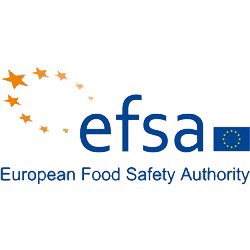
There has never been such an abundance of scientific opinion and clinical experience that supports the use of specific foods and nutrients in ways that can prevent or remedy the primary disease burdens we face in society. These foods and nutrients make the majority of drugs used in primary care look like blunt, indiscriminate weapons.
For food, food supplements and botanicals, stringent biomarker-based human studies are required by EFSA for claims, also under the Nutrition and Health Claims Regulation, using criteria that disregard most of the existing evidence base.
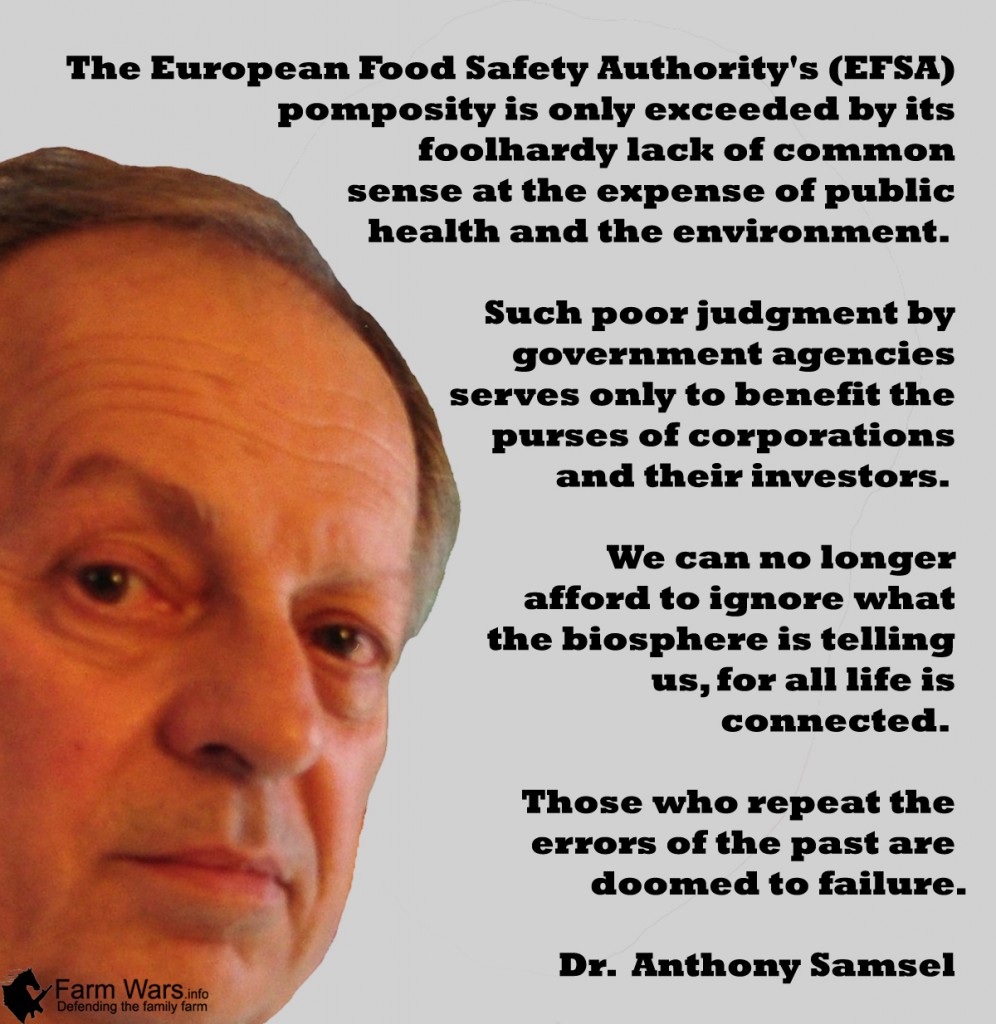
These trials are very expensive and in many cases not that far from the clinical trials used for pharmaceutical drug approvals. There’s also the issue of allowing these claims based on ‘traditional use’ as opposed to new trials, an issue that has largely been put in the too hard basket by the European Commission.
Here is an example, in about 2000, 10 to 20 thousand people were being killed by pharmaceutical products in the UK annually. In about the same time, herbal medicines had killed about 3 people.
When questioned over the disproportionality, the officials were more concerned about the non-purity of botanicals (that killed 3 people) and less concerned about the purity of pharmaceuticals (that killed many thousands more).
The innate toxicity of the pharmaceutical products that kill 10 to 20 thousand people does not matter because at least the products that kill them are pure?
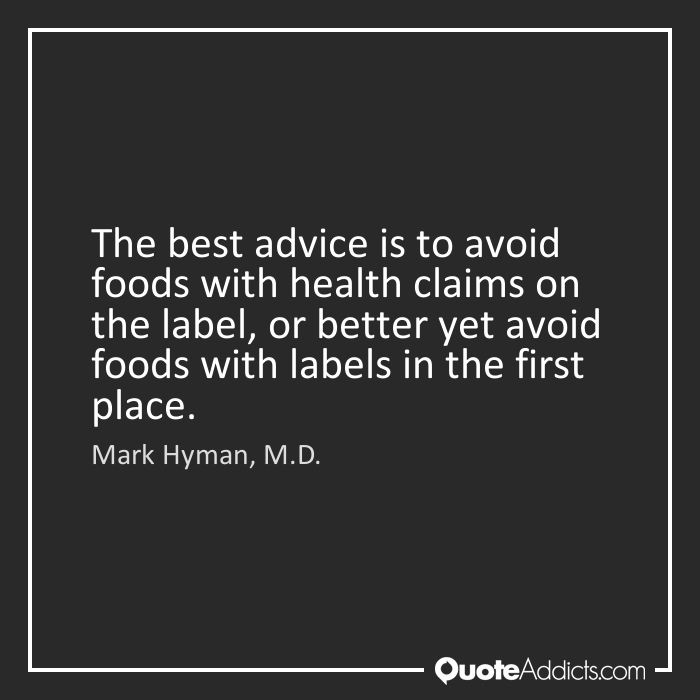
It is a well-known fact that plant derived Vitamin E contains several related ingredients that are completely missing from pharmaceutical grade Vitamin E making it far less useful to the body than its natural, plant derived equivalent, but that does not concern many of our EU officials.
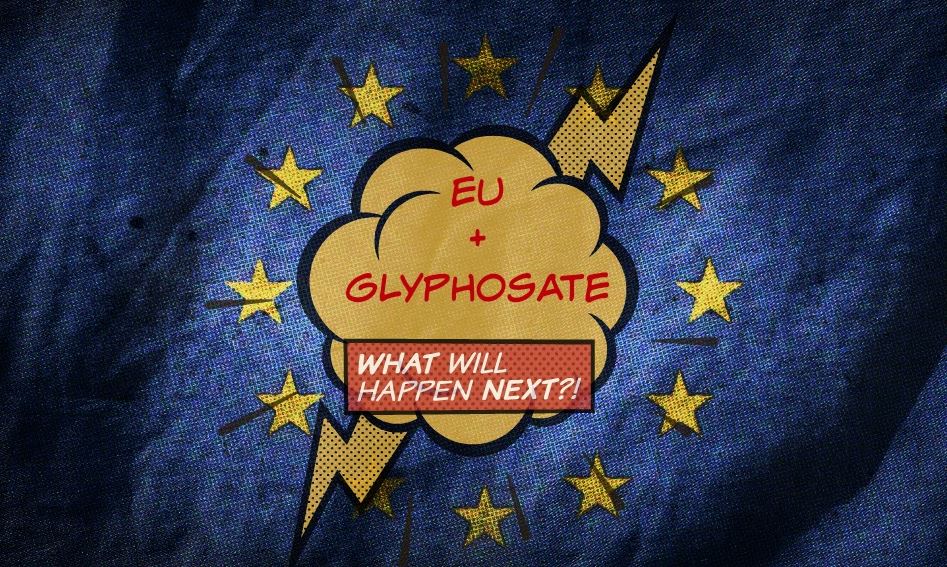
Unfortunately, many of these bans are more about balancing crony politics and less about valid science. EFSA is no stranger to controversies, its support of glyphosate being just one of them.
What does seem to be the underlying factor is that the EU’s regulatory model is considerably more flawed than is widely believed.
What's Your Story?
Help to keep it real and tell your story.
Comments about your experiences and opinions will go a long way to helping all of us.
